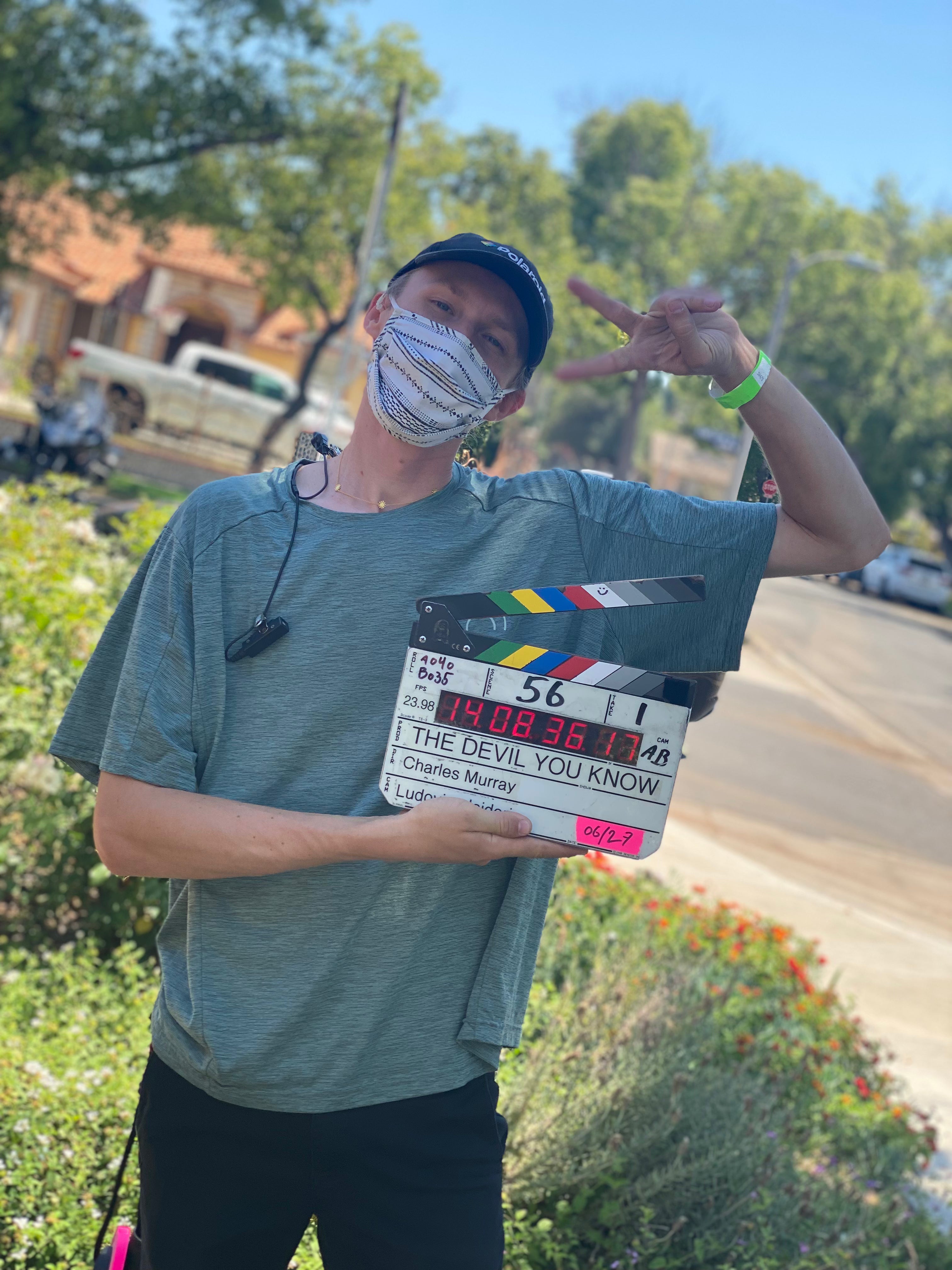Article: Part One: Functions of the slate

Part One: Functions of the slate
Slating Basics
Part One: Functions of the slate
Slating, as it refers to the film industry, is a practice that dates back to the earliest days
of cinema. It’s a simple and effective way of communicating many different pieces of
information simultaneously in an attempt to inform and contribute to the efficiency of
post-production. A “typical” set will require cohesion from three separate departments
(sound, camera, and script supervising) to deliver a clear and concise message to the
post-production team. Slating, as with most things within this industry, is often filled
with nuance and is always subject to change. It’s one of the many responsibilities of a
2nd AC and the following is an overview explaining why it’s used on film sets across
the world.
Slating has two primary functions: to organize and convey information to post-
production, and to assist post in the synchronization of the footage and sound as they
are captured on separate devices independent from each other. In the times before
digital timecode and internal scratch audio on cameras, slating was the only way to
easily synchronize the footage and audio. Clapping the two wooden pieces on the top
of the slate provided a visual and auditory reference for a very specific moment in time.
Lining up that moment during the editing process allowed you to sync the rest of the
clip perfectly. Nowadays that function of the slate is more of a failsafe as timecode and
waveform analysis are much more efficient. However, for the time being, the function of
identifying scenes, takes, and other pertinent information remains a valuable part of the
filmmaking process.
It’s a century-old tradition that will live on for many years to come. Looking back at
some of the iconic photos hanging on the walls of Panavison there is some sense of
connection to history as you see ACs from years past slate in hand contributing to
some of the most iconic movies ever made.
- Luke Peckham, Local 600 2nd AC






Leave a comment
This site is protected by hCaptcha and the hCaptcha Privacy Policy and Terms of Service apply.